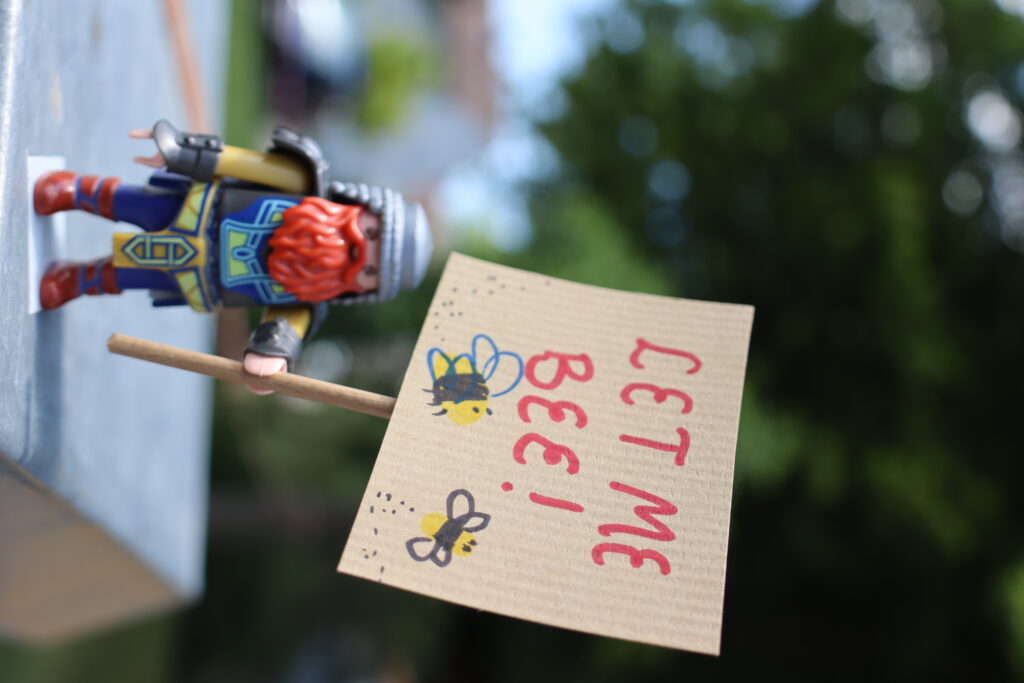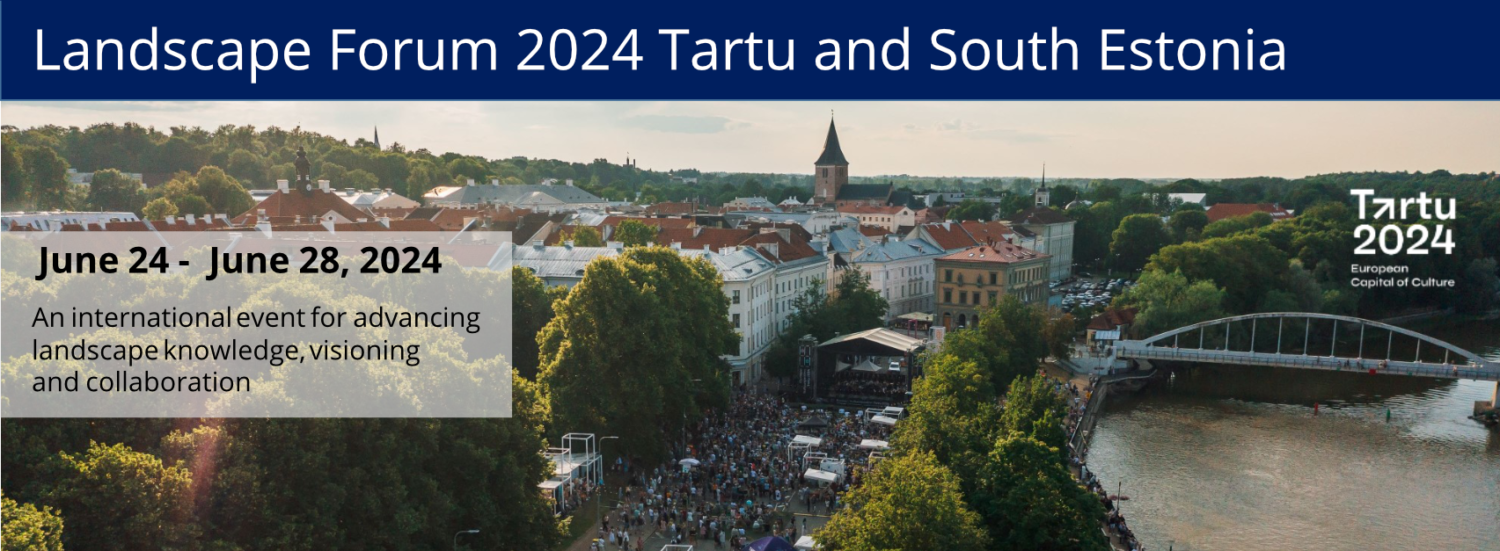Contents
“Two irrepressible forces underlie my work: the human desire for participatory democracy and ecological limits […]. More than any other factors, democracy and limits shape public landscape design.” Randolph T. Hester

Working Group Coordination
Anna Szilágyi-Nagy (HfWU), Karl Drohsel (HfWU) & Sonja Hörster (HSWT) in cooperation with the OLA ERASMUS Project
>>> submit a poster to this topic
Objectives
The landscape belongs to everyone. We should all have equal access to it and a voice in how it is used, valued and maintained. Planners and designers are therefore required to understand better which narrations, power structures and conflicts are hidden in an urban landscape. Conflicting interests exist in any landscape. But they also generate dialogue and can lead to better alternatives, if a community-based communication process is designed well and without predefined solutions.
Key partner of this working group is the ERASMUS Project OLA ‘Democratic Landscape Transformation – Towards an Open Landscape Academy’. During the landscape forum, we will collaboratively prototype the Open Landscape Academy. As a cross-cutting theme, the working group members will enter into a reflective exchange with the other working groups of the forum.
Scope
Over the summer term, we will run a living lab along Sigmaringer Straße, the bus station and the transition zone to the neighbourhood of Kirchheimer Vorstadt. The living lab aims to explore the capacity of this urban transect for climate adaptation, mobility and social cohesion. Working group participants will reflect on the learnings generated by the living lab so far and also experience participatory and co-creative interventions in practice during the forum. We will explore and reflect the meaning of emerging sustainability concepts such as co-creation and governance design.
Partners
This cross-cutting group will involve all local partners of the living lab (adjacent schools, youth club, cultural center etc.).
Key questions
- What are possible criteria for ‘good’ co-creative and participatory approaches in sustainable landscape development?
- Which competences do we need?
- What did we learn from this Living Lab?
Expected Outcomes
- A reflective essay
- Possibly including a visual essay or other forms of aesthetic/co-creative production
- A reflection on good practices, lessons for education and possible further research questions
